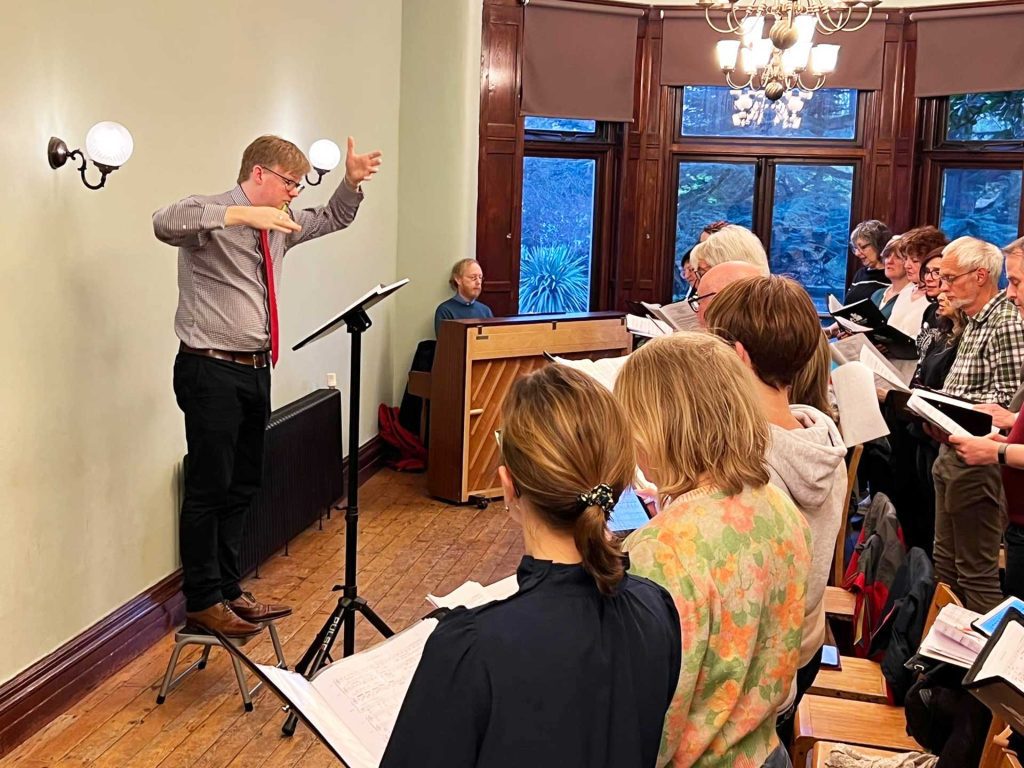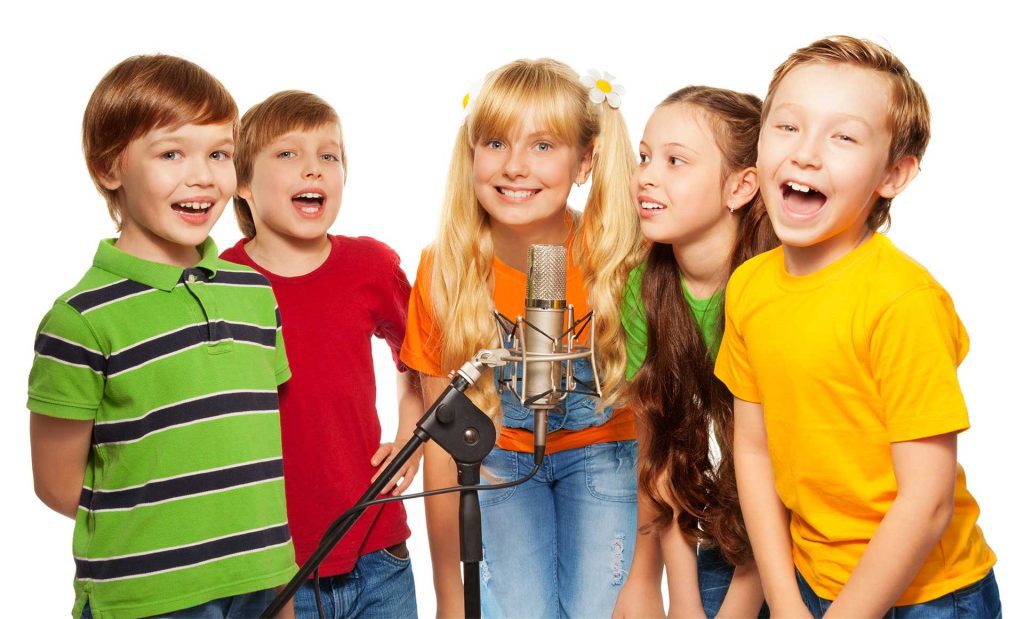Sing!
In a world where we can often feel alone, isolated, and detached from society, Tim Riley outlines the benefits of singing with others
Do you like to sing a bit of opera in the bath? Are you the sort of person who turns up the radio in the car and sings along at the top of your voice? Or perhaps you love the idea of singing, but are simply too afraid to open your mouth and have a go?
One thing is for sure – you don’t need to sing like the late, great Tina Turner to enjoy the sense of fun, camaraderie and well-being that comes from singing in a choir.
Singing Is Good For Us
I think most of us already instinctively know that music making and singing is good for us – after all, people have been doing it for thousands of years. However, in recent years, there has been a lot of scientific research that has been quantifying the benefits of music making and more specifically, the benefits of singing in choirs.
Jacques Launay, a Postdoctoral Researcher in Experimental Psychology at the University of Oxford has this to say:
“Music has been used in different cultures throughout history in many healing rituals, and is already used as a therapy in our own culture. Song is a powerful therapy indeed.”
He then went on to sum up some of the broader findings of research conducted with choirs:
“Regular choir members reported that learning new songs is cognitively stimulating and helps their memory, and it has been shown that singing can help those suffering from dementia, too. The satisfaction of performing together, even without an audience, is likely to be associated with activation of the brain’s reward system, including the dopamine pathway, which keeps people coming back for more.”
Singing Helps Our Brains
Jacques Launay isn’t alone in these findings. Sarah Wilson, a clinical neuropsychologist at the University of Melbourne, conducted MRI scans on people as they sang and reached the following conclusions:
“When we sing, large parts of our brain ‘light up’ with activity. There is a singing network in the brain which is quite broadly distributed. When we speak, the hemisphere of the brain dealing with language lights up, as we might expect.
“When we sing, however, both sides of the brain spark into life. We also see involvement of the emotion networks of the brain. Regions that control the movements we need to produce sounds and articulation also light up.”

Singing Releases Feel Good Hormones
Baishali Mukherjee, an officer for the World Federation of Music Therapy is able to sum up quite nicely what the likely benefits of singing are going to be:
“Endorphins are related to an overall lifted feeling of happiness; it gives a feeling of euphoria so it’s all associated with a reduction in stress. In any situation whether it is under stress or with any physical ailments, illness, psychological deprivation, music has the potential to affect our body and mind.”
Singing Releases Stress
A study in 2017 showed that singing can help reduce stress levels. The study took samples of saliva before and after the participants sang. It showed that levels of cortisol, the hormone that is produced as part of the body’s stress response, were lower after they had belted out a great tune. This was found to be true whether the participant was singing alone or as part of a larger group.
The only time cortisol levels went up was when the participants were performing to a large crowd. Another direct benefit was improved lung function. Because of the improved supply of oxygen via the lungs, singers often experience improved moods and greater social connection with their peers.
A Personal View
Speaking personally and as a musician who has been singing and conducting choirs for more than thirty years, I know that running a choir is one of the most joyful and least stressful parts of my work.
The coming together of people. The control of breathing, the emotional uplift of the music and the camaraderie of being with others with a common purpose – you don’t have to be a scientist to know that’s going to be good for you on every level!
Every rehearsal leaves me feeling elated and I know that my choristers feel the same way. And the good news is that you don’t even need to be a strong singer to get all the benefits. Indeed, I suspect that people that make music for fun (and not a living) have the most joyful and carefree experience.
How To Get Involved
If you’re interested in joining a choir, here are a few questions to ask yourself:
● What sort of music would you like to sing? Pop or Classical?
● Can you read music or are you starting from scratch?
● Would you enjoy singing in other languages (not just Welsh, many choirs embrace a lot of different languages and cultures)?
● How do you feel about movement – do you fancy a bit of choreography?
● Would you prefer to go with a friend?
Local Choirs
Wales has a rich tradition of choral singing. More specifically, if you live in the West and North of Cardiff, there are many excellent opportunities to sing with community groups.

For instance, if you enjoy church music, Llandaff Cathedral has a community chorus (as well as their main choir) aimed at the wider community and not just singing experts.
Then there’s Gabalfa Community Chorus, Roath Community Chorus, The Ardwyn Singers, Rock Choir, and the charity Tenovus runs Sing With Us.
The Insole Court Children’s Choir will also be relaunching in September, aimed at primary school children aged six and upwards. The choir is led by Anna Williams, a hugely experienced music teacher.
For the adults, the Insole Court Community Choir has been singing since the house reopened six year ago. With over 50 members, this prize-winning choir welcomes people of all musical abilities. You don’t need to be able to read music to take part (although they do provide music and assistance in the form of backing tracks) and there’s also no audition.
Do your research and find out what suits you best. Before you know it, you won’t just be singing in the shower!

